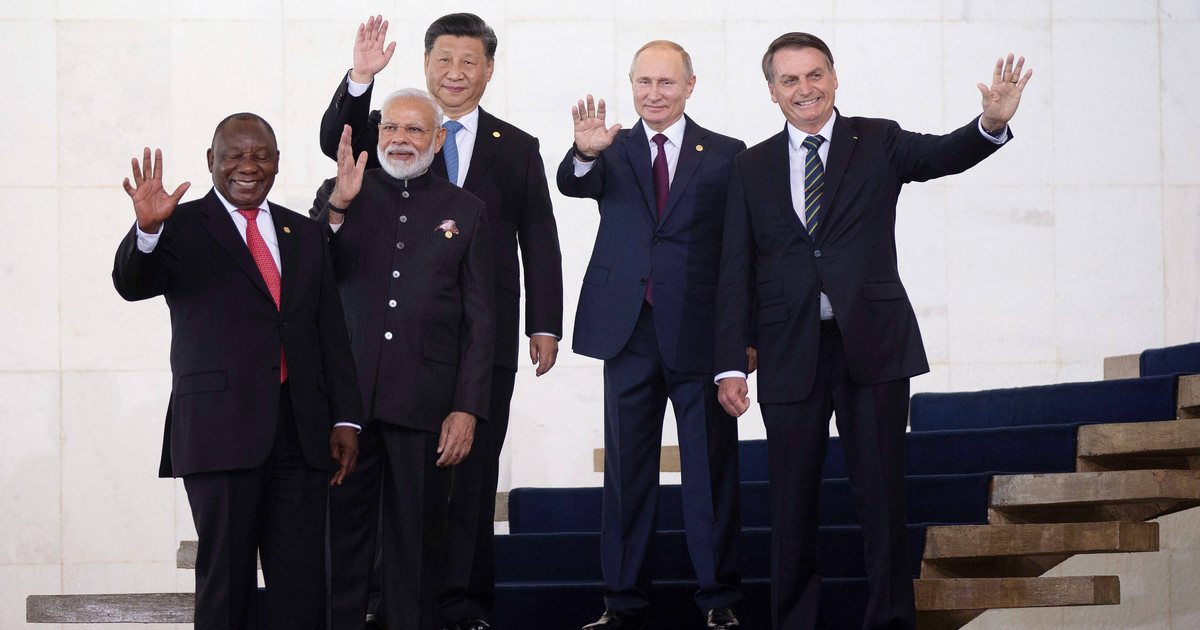Already around 2035, China is expected to overtake the United States, and India has a chance to catch up with the American economy by 2075. Countries like Nigeria, Pakistan and Egypt could become the world’s largest economies, say economists from Goldman Sachs. estimated.
A team of economists from Goldman Sachs have prepared a report that provides long-term economic forecasts up to 2075 for 104 countries around the world. This shows that although both developed and developing economies have slowed down recently, the latter is growing faster than the former.
Therefore, according to expert forecasts, the share of developing country economies in global GDP will be higher every year. The distribution of world income will also change – the “middle” economy will become more and more important.
As the report indicates, in 2011 GDP growth in most countries was disappointing. However, it was noted that the economies of China, India and Indonesia slightly outperformed forecasts, while Russia, Brazil and Latin America performed worse than expected.
As a result, economists predict that the increasing share of world GDP will shift to Asia over the next 30 years. Forecasts by specialists from Goldman Sachs show that by 2050, the five largest economies will be China, the United States, India, India and Germany, respectively.
“If we extend the projection horizon to 2075, then given the prospects for rapid population growth in countries such as Nigeria, Pakistan and Egypt, it is foreseeable that with the right policies these economies have a chance to become one of the largest in the world” – listed in the report. He added that India could become the second largest economy in the world by 2075, replacing the US.

According to economists, the United States’ “decade of privilege” is unlikely to repeat itself. As they point out, the US economy turned out to be an exception among developed countries, because its real GDP growth over the past decade has been higher than expected.
According to specialists from Goldman Sachs, the US is unlikely to repeat this success and has lower growth potential than the major developing economies, including China and India. They also point out that the US dollar’s strength in recent years has pushed it well above its true PPP value, making it more likely that it will fall in value over the next 10 years.
PAP / Marcin R.

“Reader. Future teen idol. Falls down a lot. Amateur communicator. Incurable student.”



